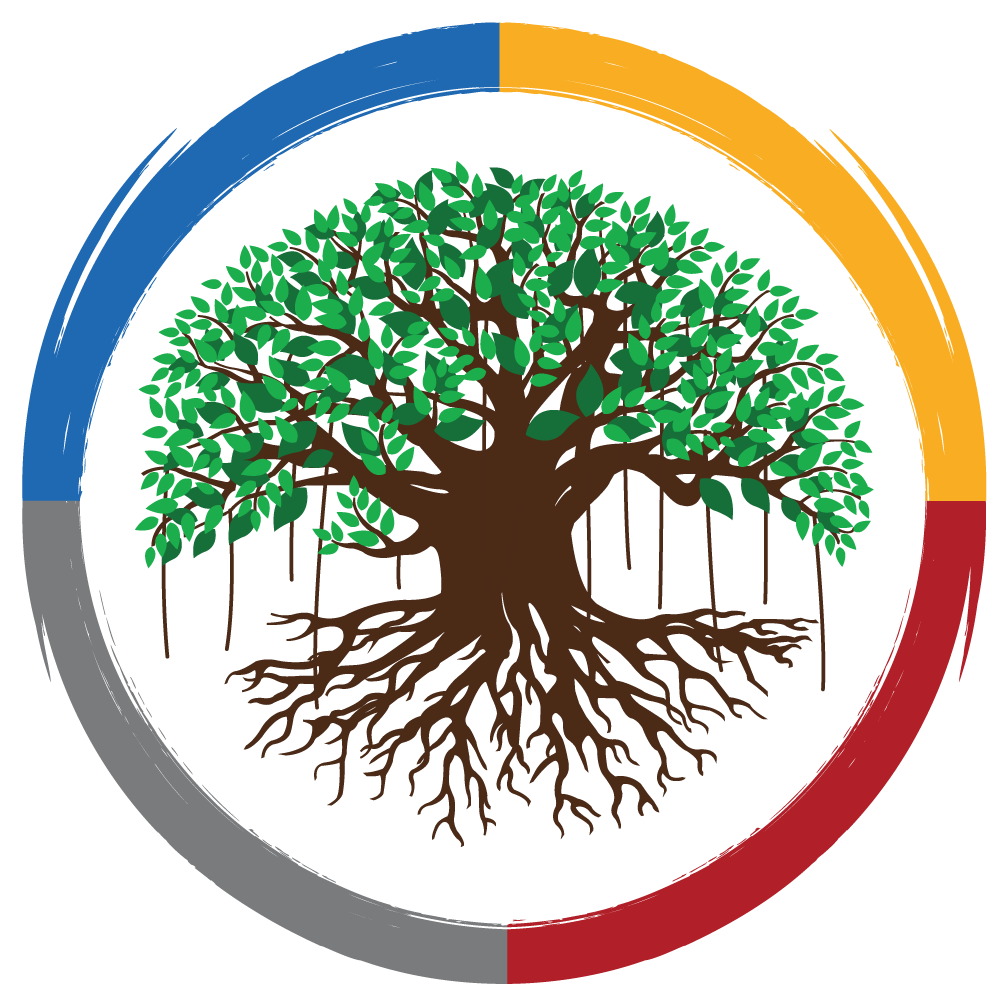
Multicultural Therapy
Characteristics of Counselors and Clients
Written by: Robert J. Escandon MA, C.Ht.
When dealing with a diverse population, it’s important to take their culture into complete consideration. Our world is simply just not composed from our viewpoint and perspective, rather it is an accumulation of various viewpoints and perspectives. Living in Miami has allowed me to adjust myself properly to diverse populations. However, being exposed to different cultures in itself is not enough when applying it to a therapeutic setting. It is important to know more about the patient’s culture in order to fully understand what they are going through and how one can offer the right assistance.
Culturally competent counseling encompasses many things. One important aspect of fine tuning multicultural therapeutic practices is understanding that while cultures extend into a multitude of subcultures, thus causing an ever changing diversity within our world population, the historical context of these cultures remains the same. Understanding the history and social aspects of a culture, allows one to begin to paint the full picture so to speak.
There are sensitivities within every culture’s history that allows one to understand the individual better. While it is important to know as much as possible, knowing key historical events can largely satisfy this requirement properly (Counseling.org). Being a historian within the respect of studying ancient civilizations, has also granted curiosity to know more about the people on this planet. Knowing about history and being interested in history is perhaps a requirement for all therapeutic endeavors and practitioners alike.
Tailoring one’s approach to multicultural therapy is in part listening and stepping out of one’s perceptual box. Trying to see the world through the eyes of others may or may not work. However, being able to simply put our own recognized beliefs aside, will essentially allow for good communication to happen. Aside from this, communication and listening being the most important focal point, knowing about the cycles of the past is equally important. Our experiences individually create a unique life experience for each and every one of us. The history in which this cultural perspective is presented gives the therapist a window into cultural sensitivities, etiquette, morals, attitudes, behaviors and the evolution of certain groups of people (Counseling.org).
The impact of past oppression has a lot of considerations when working within a therapeutic setting. Rapport is the one important aspect of therapy, that without it, the work simply drags along in a sort of push and pull manner. In discussing diverse populations, we’ll focus on American Indian history for just a moment. Historically, American Indians made contact with Europeans in and around the 18th century. This contact brought the American Indians diseases that they were never exposed to before and among other travesties decreased their population to about 10% of its original fraction (Sue and Sue). At the end of the day, to make a long standing history lesson short, the American Indians were stripped of most of their lands and rights forcing them to live on reservations, the discovery of America went to the Europeans, rather than acknowledging the fact that the lands already had been discovered by the indigenous people that lived on them. The history here denotes one of distrust, abuse, and a loss of cultural relevance. All of these aspects are important when treating an individual with this background. While not knowing the exact dates or names within this historic context is important, knowing that these types of events happened, is definitely important. The history here shows a great impact into the mindset and overall world perspective of this group. Off the top, one can see that there are trust issues ingrained within the unconscious setting. This one aspect is a huge and important one. A counselor and/or therapist that fails to understand the historical context of say, an American Indian, may believe that the patient is being difficult, that he or she may not want to receive the therapy at hand. When in fact, it may have nothing to do with it. History matters, past experiences matter, and the oppressive nature of this particular cultural group will give the therapist the understanding that he or she needs in order to properly set the stage for a prospective therapeutic outcome (Sue and Sue).
Within our society today, all therapy is multicultural therapy in philosophy and approach. There are multitudes of subcultures that have created their own sense of self. Deriving from the root cultural beliefs of their forefathers, they take those beliefs and morph and adapt them to fit their group’s way of thinking and life perspective. Whether one is dealing with an individual, a group, family or couple, the considerations are abundant, but necessary.
————————————————————–
Works Cited
https://www.counseling.org/docs/default-source/library-archives/professional-counselor-digest/acapcd-24.pdf?sfvrsn=4 . Professional Counseling Digest: Elements of Culturally Competent Counseling. Courtland C. Lee, Ph.D. Web 29 April. 2016.
Sue, D. W., & Sue, D. Counseling the Culturally Diverse: Theory and Practice (6th ed.). 2013: Hoboken, NJ: Wiley.
About the Author
Mr. Escandon is a graduate of Saint Thomas University, holds a Masters in History and Culture and has been a therapist for over 20 years. Mr. Escandon is a certified Hypnotherapist and also holds certifications in both Life Coaching and NLP (Neurolinguistic Programming). Robert is also an award winning filmmaker, writer, and avid martial artist; and, he has often stated, “I still believe that Bruce Lee is one of the greatest thinkers of our time.”

Leave a Reply